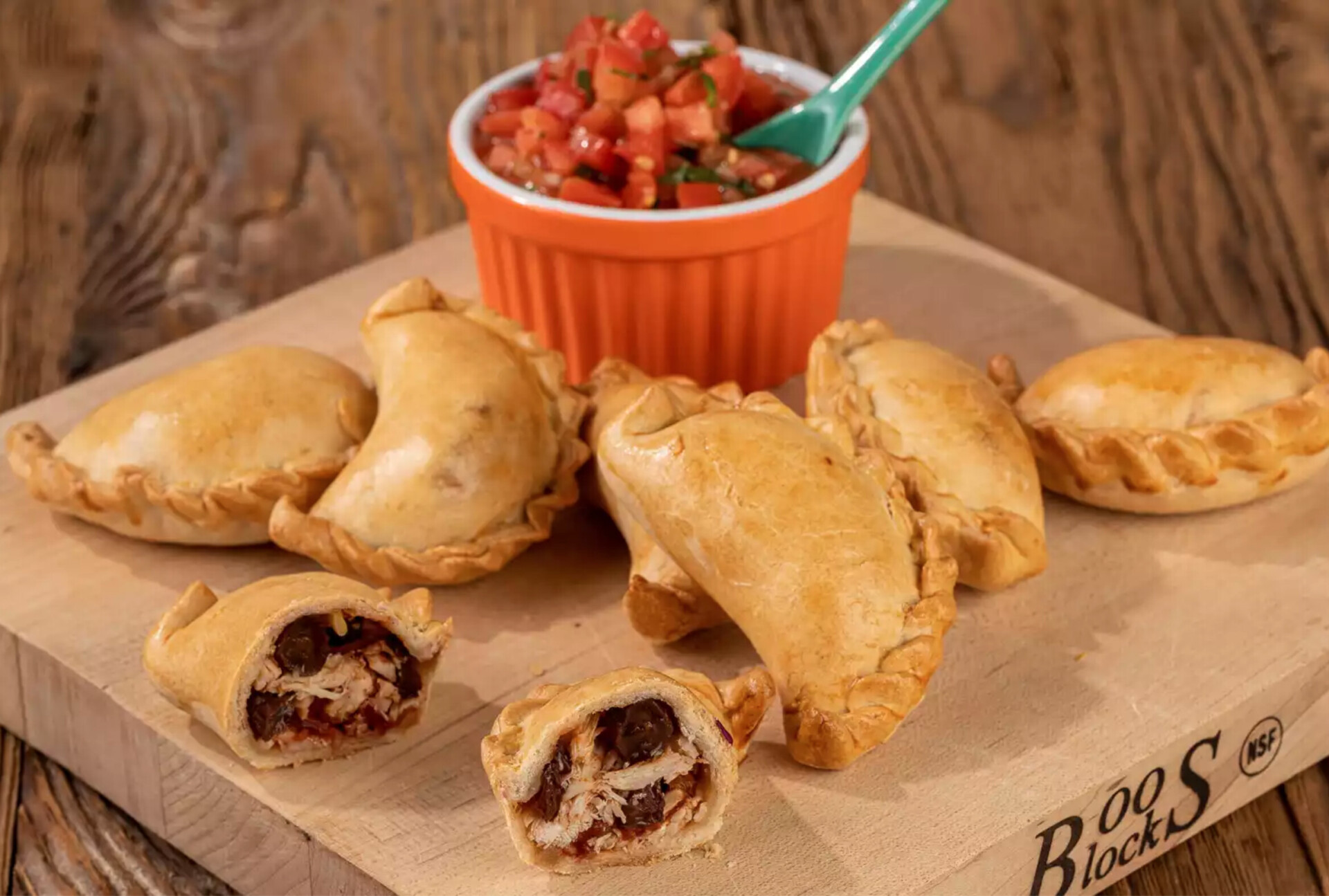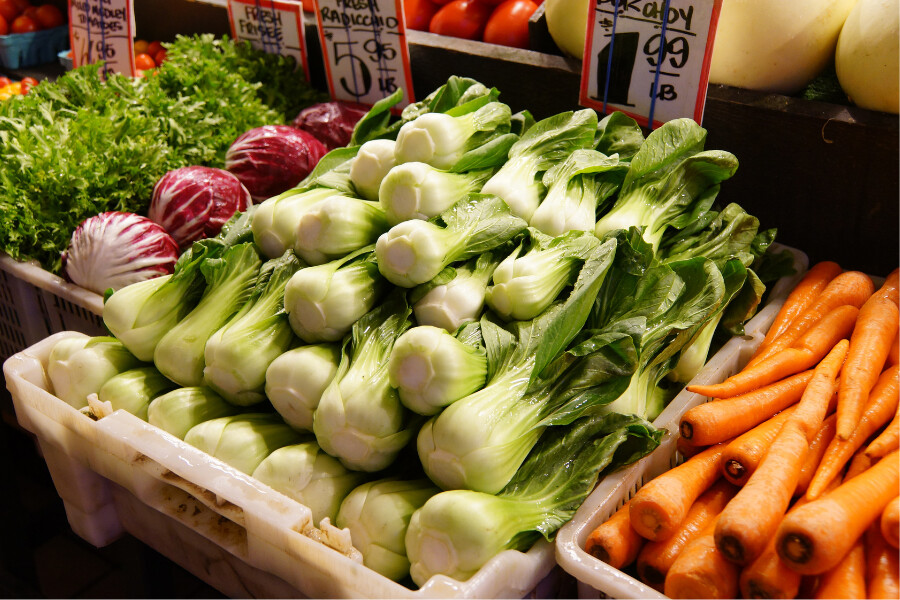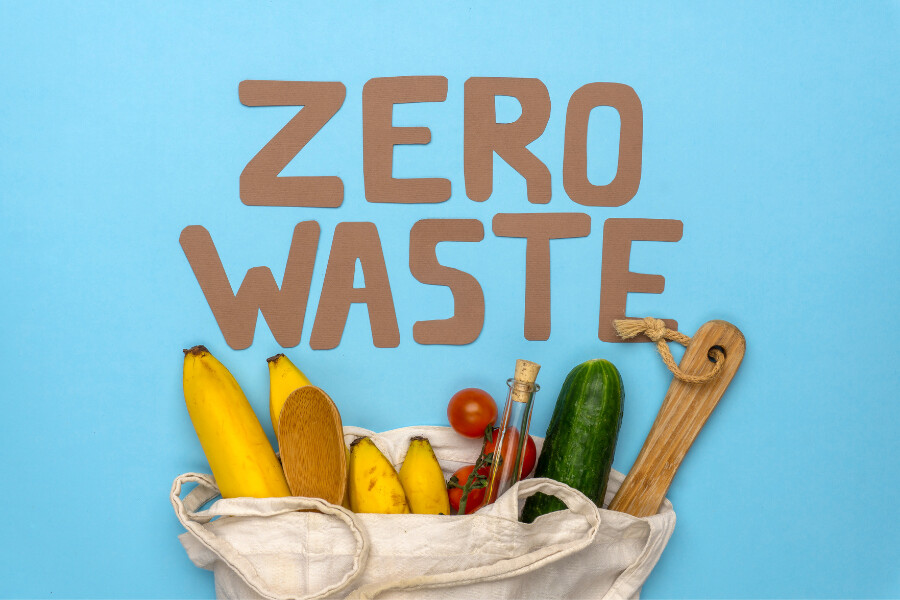From restaurants and cafes to food distributors, every facet of the food service industry is responsible for upholding proper food safety practices. In a fast-paced environment like a deli, though, it can be hard to figure out the best way to do this.
You don’t have to sacrifice efficiency for safety. Keep reading to learn how to institute a set of food safety best practices for your deli that will keep your business compliant and reputable without slowing you down.
Institute Regular Handwashing Policies
Washing your hands regularly is the best way to kill bacteria and avoid spreading disease. Deli workers should wash their hands with antibacterial soap every time they switch from handling meats, cheeses, or seafood to handling ready-to-eat foods like vegetables or bread. Be sure to stock plenty of undiluted soap to make sure there’s always some on hand when it’s needed. If your workers wear disposable gloves, have them change their gloves regularly too to maintain a high standard of hygiene. Incorporating these practices not only enhances food safety but also reinforces your establishment’s commitment to health standards, ultimately fostering a safer dining environment for both staff and customers.
Clean Food Slicers Every 4 Hours
According to the FDA, food-slicing equipment should be cleaned at least once every 4 hours to prevent the spread of listeria. This includes slicers that are used to slice vegetables or other non-meat products. The organization recommends that delis create and post a written policy outlining food slicer cleaning standards and conduct regular inspections to make sure that policy is being followed.
Store and Transport Food at the Proper Temperature
Meat and cheese should never spend extended periods of time at temperatures above 41 degrees Fahrenheit, even during transport. Your wholesale meat distributor should use a refrigerated vehicle to deliver your orders to your facility. Once those orders arrive, store them in a refrigerated space immediately to maintain their temperature.
Maintain Your Slicers
Damaged slicers can hide bacteria in cracks and scratches, making them more likely to spread disease even if they’re properly cleaned. Sharpen your slicer blades regularly to reduce the risk of damage and repair or replace any parts with visible defects. You’ll not only be upholding safe practices but also be able to cut food more efficiently and waste less time while operating your business.
Store Meat Separately from Ready-to-Eat Foods
Cross-contamination doesn’t just happen on countertops. Store your meats away from any ready-to-eat foods like bread, fruits, and vegetables. Always store meats on the lowest levels of your refrigerator or freezer to avoid contaminating other supplies with leaking fluid. If you source meat from your produce wholesaler, it’s important to verify that they adhere to similar standards of storage and transportation for their meat products, maintaining strict separation to uphold safety and quality, as we do here at Foods Galore.
For Guaranteed Food Safety, Shop with Foods Galore
It’s easy to institute strict food safety practices within your deli, but are you sure your suppliers are following the same standards? When you order from Foods Galore, you can rest assured that we take food safety just as seriously as you do. Contact us today to order deli meat, wholesale frozen fruit, or anything else you need to make your food service business thrive.






